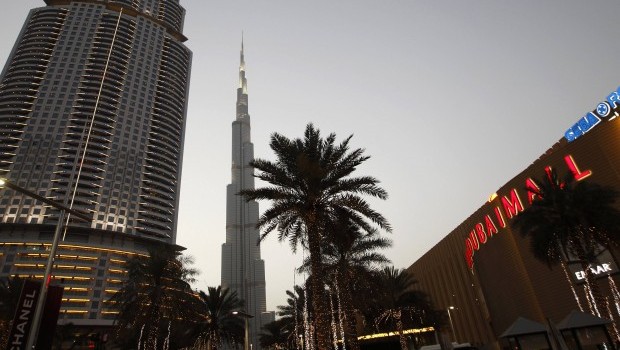The issue of sectarianism has never been more prevalent than it is today.
The student of intellectual trends in the Gulf is fully aware of the magnitude of the sectarian crisis in our modern society. There are three main sects in the region: Sunni, Shi’a and the Ibadi in Oman.
Until recently, the issue of sectarianism has not been as visible as it is today. Disputes between the main sects did not expand beyond private worship. But some states, such as Bahrain, have witnessed sectarian interference in public life, marriage customs and commerce. Sectarian issues have become more noticeable in some countries and have declined in others, depending on social pressures and the sects present. Until now, Sunnis and Shi’ites were facing off over the issue of sectarianism, but the Ibadis managed to distance themselves from this confrontation.
The Sultanate of Oman has appeared to live in an alternate reality in which all religious denominations coexist peacefully. Unfortunately, there now seem to be attempts to drag the Ibadis onto the sectarian battlefield. We should not lose sight of the reasons for sectarian conflict. While this issue has a historical dimension—the conflict between these factions is rooted in the early days of Islam—in reality, the modern conflict is a political struggle in sectarian clothing. Each faction regards the other from a state of emotional isolation. That attitude is based not on the desire for coexistence, acceptance or open-mindedness, but is predicated instead on the idea that there is someone to be blamed for being wrong, and that someone must forgive and someone must be forgiven. This fragile state of affairs may erupt at any moment.
If history is any indication, politics will entrench each faction in their own sectarian hatred. We have seen this happen in Bahrain, Syria and Yemen. These countries now live in a state of sectarian turmoil, in large part because official policies have fostered the emergence of factionalism.
This sectarian undercurrent has been fueled by content on a wide array of social media outlets, primarily Twitter, Facebook and YouTube. While I was writing this article, I ran a YouTube search on each of the three major sects in the Gulf and came up with the following: 189,000 results for Sunni, 71,500 for Shi’a and 11,000 for Ibadi. I used no other words in my searches, just these three. In the vast majority of these videos, members of each sect are attacking each other, a phenomenon we would surely find on any other social media site, perhaps to an even greater extent. If I had to condense the reasons for this dispute into a blurb in a history book, I would say that publicly available social media had widened the gap between factions. Perhaps the most prevalent aspect of this conflict has been the discourse used by each party, supported by audiovisual evidence that seeks more to incite hatred than it seeks to demonstrate journalistic truth. This speech is meant merely as a means of tarnishing the legitimacy of rival sects.
The fact is, the sectarian schism is widening on a daily basis, with events in the region driving a wedge into the problem. Unless the moderate forces in each party can rein in their extremist members, the situation will continue to escalate. This problematic issue will not be solved through mutual destruction, but rather through mutual recognition and the understanding that opposing parties have the right to hold different views. An opponent’s views should be changed through rational discourse in a spirit of truth and integrity. A truly inclusive society can only exist when it is built upon the principles of justice, equal rights and citizenship. Citizenship is the most important of these concepts. It is based on the absence of ethnic, sectarian or regional differences, a society of brotherhood in which no one is marginalized, everyone is free to worship as they choose and the law upholds and maintains social cohesion.
The counterpoint to this article can be read here.
